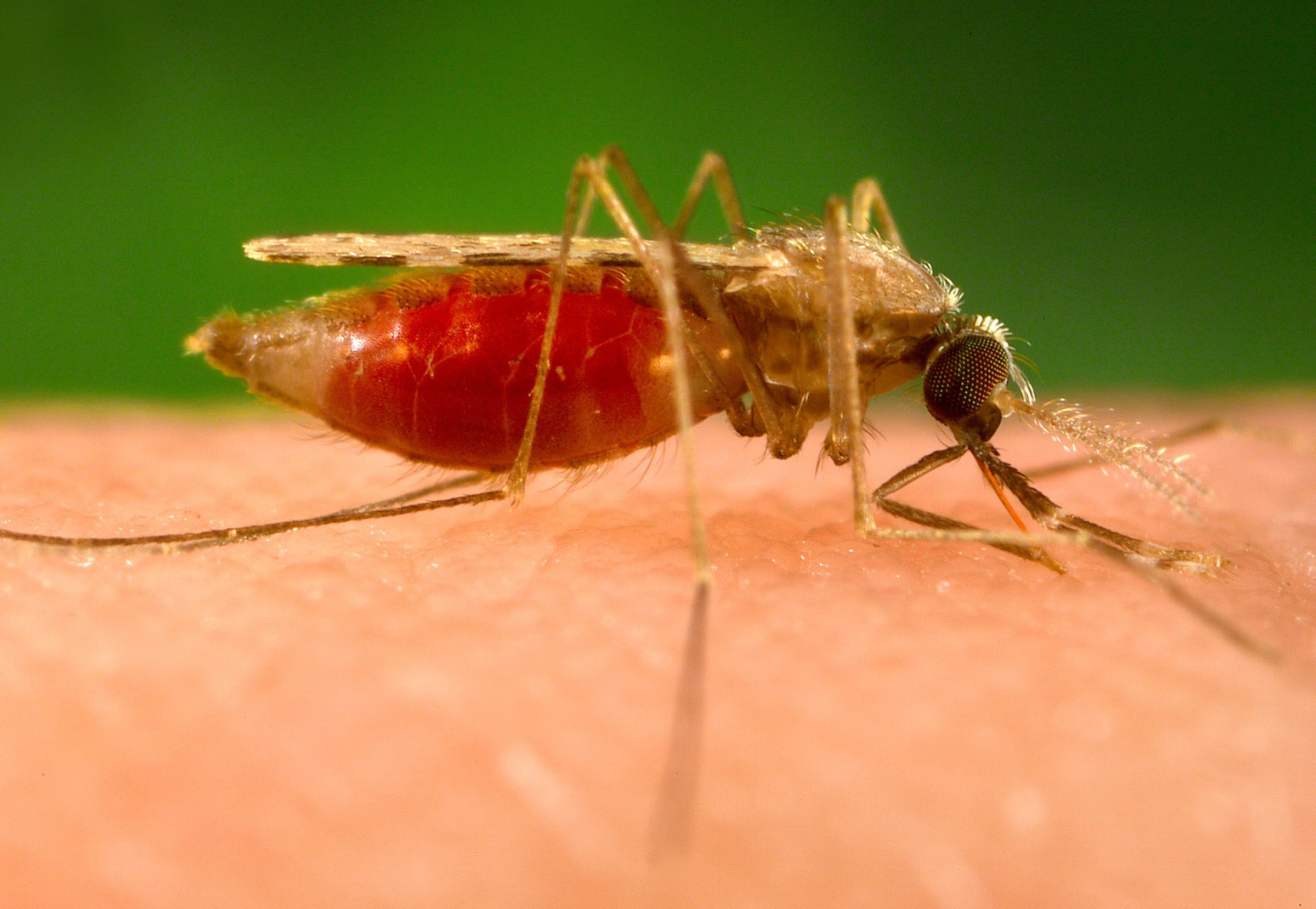
Scientists warned on Sept. 21 that a drug-resistant strain of malaria that has spread from Cambodia into southern regions of Vietnam “presents one of the greatest threats to the control and elimination” of the disease. Here’s what to know:
DRUG RESISTANCE
In 2008, medical researchers identified a strain of malaria apparently resistant to the cornerstone of antimalarial drugs, artemisinin, in Southeast Asia. This so-called super-malaria first emerged in Cambodia and has since been detected in Thailand and Laos, in addition to Vietnam. Now researchers at the Mahidol Oxford Tropical Medicine Research Unit in Bangkok say the strain has become resistant to artemisinin’s partner drug, piperaquine.
FERTILE TERRITORY
In April, Vietnam’s Ministry of Health said the super-malaria had been reported in five provinces and could take root in the Mekong River basin. While the country had only three confirmed deaths from malaria in 2015, the most recent year for which data is available, more than 19,000 cases were reported. Resistance to malaria drugs could have severe consequences.
GLOBAL THREAT
Researchers fear that if the drug-resistant strain spreads to Africa, where 92% of all malaria deaths occur, it could worsen what is already a major crisis there. The World Health Organization is rallying to fight multiple-drug resistance by eradicating the disease completely by 2030. But it remains a tricky proposal for something that is evolving so fast that it may not have a cure.
More Must-Reads From TIME
- Dua Lipa Manifested All of This
- Exclusive: Google Workers Revolt Over $1.2 Billion Contract With Israel
- Stop Looking for Your Forever Home
- The Sympathizer Counters 50 Years of Hollywood Vietnam War Narratives
- The Bliss of Seeing the Eclipse From Cleveland
- Hormonal Birth Control Doesn’t Deserve Its Bad Reputation
- The Best TV Shows to Watch on Peacock
- Want Weekly Recs on What to Watch, Read, and More? Sign Up for Worth Your Time
Contact us at letters@time.com